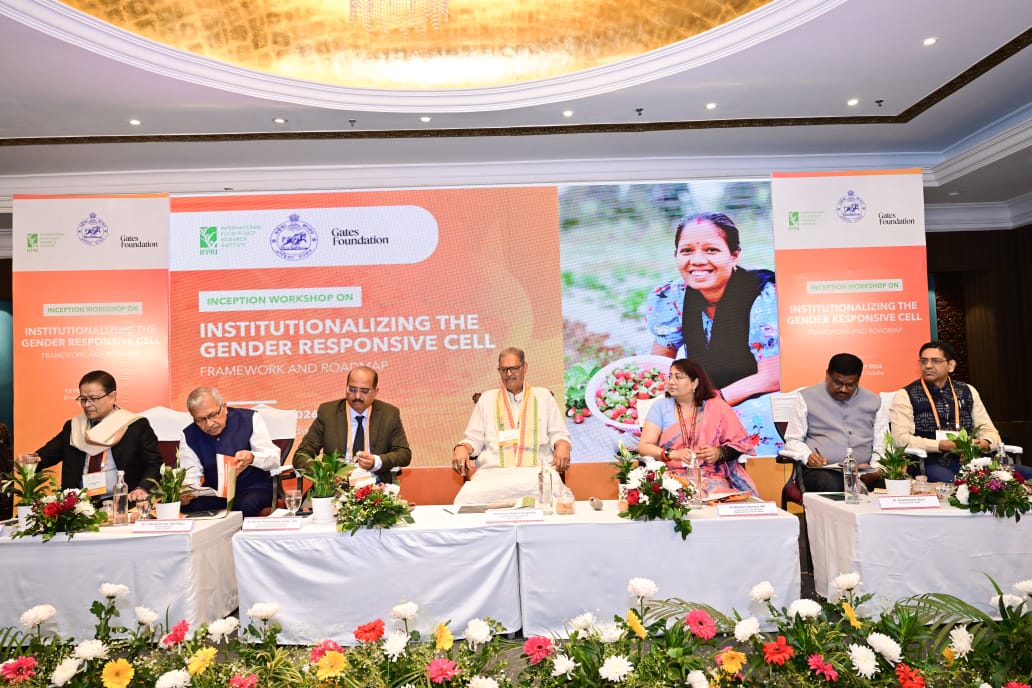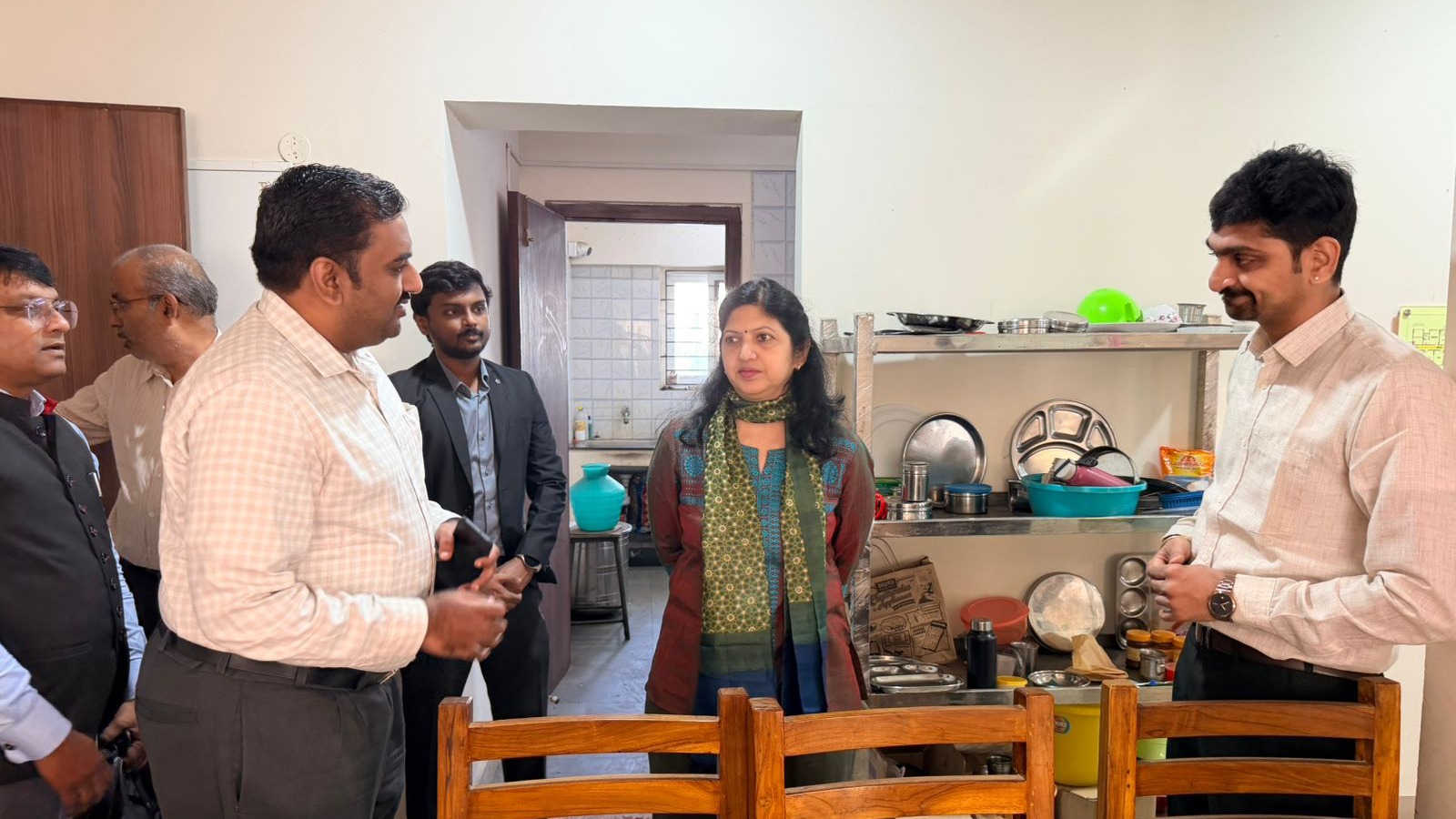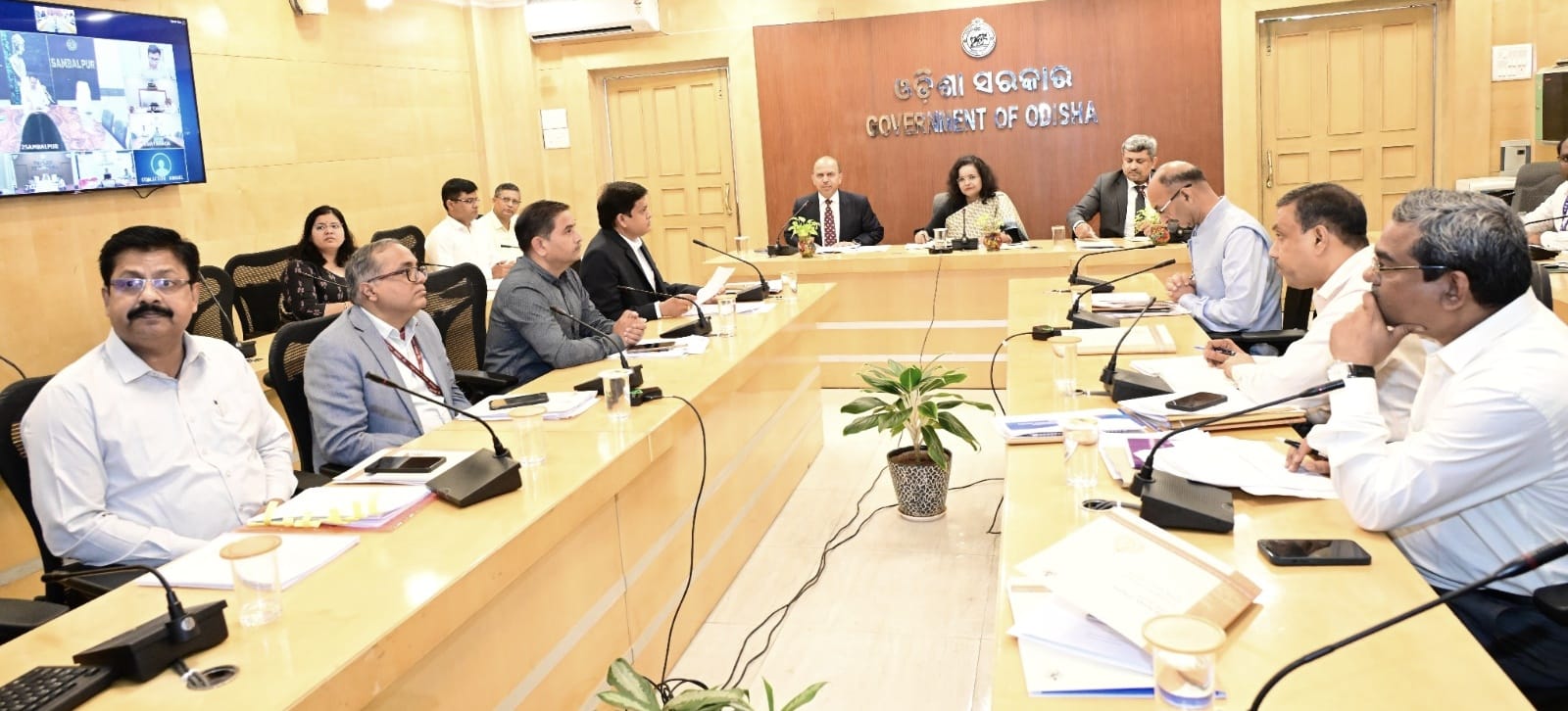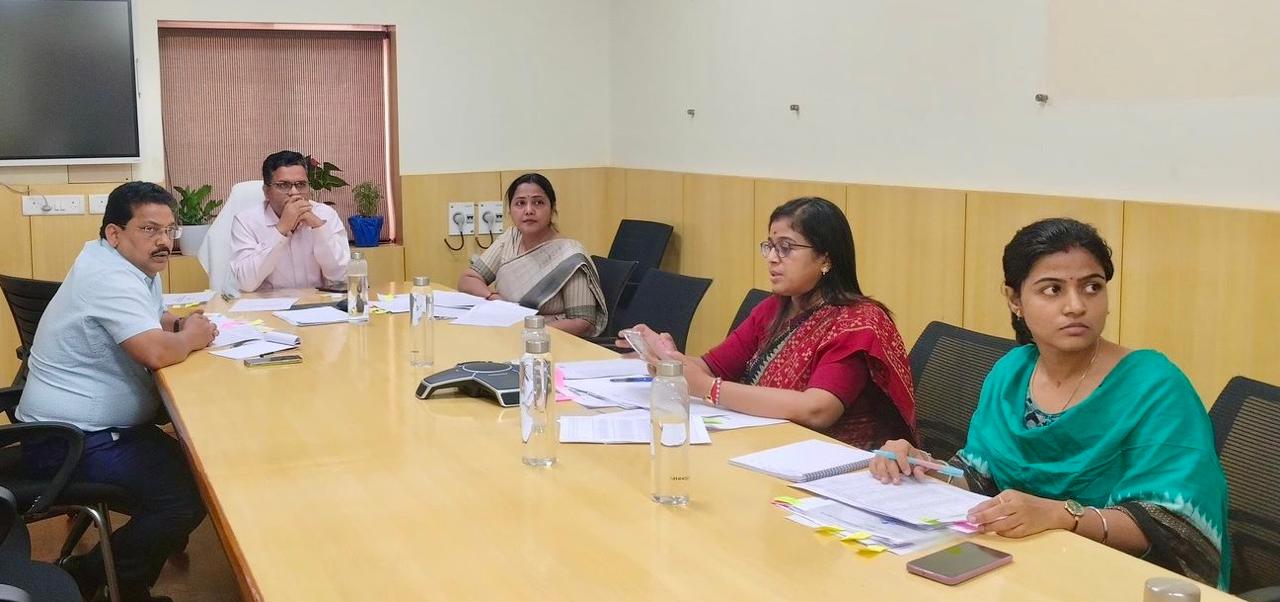Bhubaneswar: Odisha Chief Minister Mohan Charan Majhi has directed officials from cooperative societies to ensure that farmers’ paddy is sold to the government in a clean, simple, and transparent manner and that payments are made within 48 hours. Addressing cooperative society members at the 71st All India Cooperative Week celebrations at Samabaya Bhawan, Bhubaneswar, Majhi cautioned that any delay or misconduct in payment would lead to strict action.
Highlighting the crucial role of Odisha’s 2,600 primary cooperative societies as intermediaries between the government and farmers, Majhi stressed the importance of these societies in delivering crop loans, insurance, seeds, fertilizers, and pesticides to farmers. “These institutions are the hope and support for marginalized communities, directly linking over 50 lakh farmer families across the state to the cooperative movement,” he said.
Majhi spoke on the historical foundation of cooperatives in Odisha, recalling Utkal Gaurav Madhusudan Das as the pioneer, who established the first cooperative store in Cuttack in 1898. Following this, in 1904, Odisha enacted its first cooperative laws, formalizing cooperative activities starting in Banki, Cuttack district.
The Chief Minister announced that paddy procurement would commence within a week, with Primary Agricultural Credit Societies (PACS) and Large-sized Adivasi Multipurpose Co-operative Societies (LAMPCS) managing over 4,000 procurement centers across the state. This initiative aims to ensure an efficient and farmer-friendly process throughout the paddy procurement season.
Majhi also called attention to issues within primary cooperative societies, such as the practice of “ever-greening” loans, where unpaid loans are repeatedly renewed. To address this, he emphasized the importance of accurate and up-to-date financial records, instructing registrars to prioritize computerization of accounts and ledgers to improve accountability and prevent fraud.
With cooperative banks responsible for over 60% of crop loans in Odisha, the Chief Minister underscored the need to strengthen these institutions for the benefit of farmers, artisans, weavers, and other community members dependent on the primary economy.





